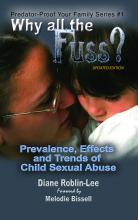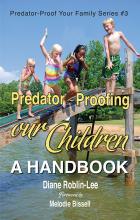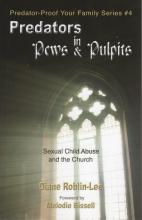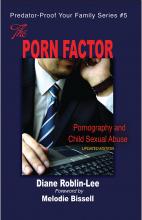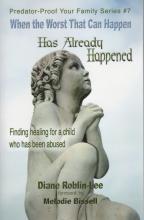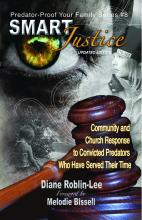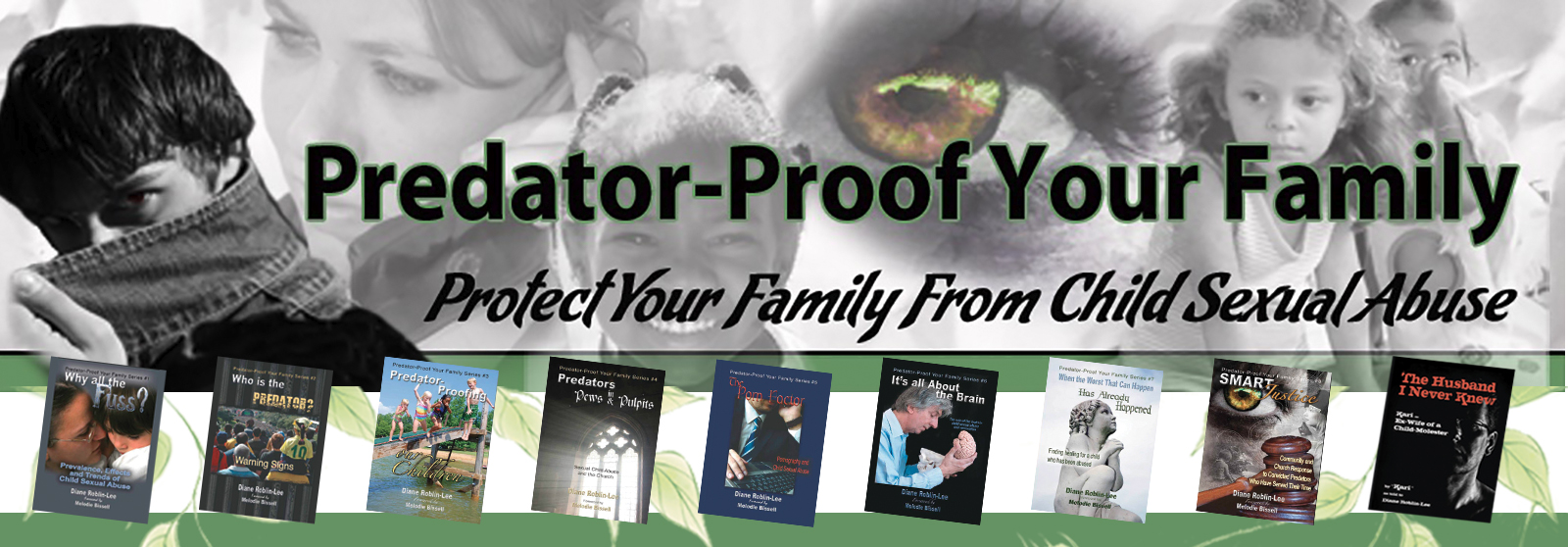
Daily Tip
6) Part of the “grooming” process many predators use to entrap children involves encouraging the child to develop feelings, ensnaring the young victim in a situation where the child feels that the abuse is legitimized by his or her feelings for the abuser.
This is a psychological process known as the “Stockholm Syndrome” where victims develop feelings of attachment to their captors in order to survive the situation. (As the victims mature, the affection for the abuser usually dwindles and the painful truth emerges.)
Daily Tip
7) The person in question may have frequent changes of residence or jobs without much discussion about the reasons for the changes.
Daily Tip
5) He or she often uses structured access to children.
In order to groom a child and his or her parents for the planned abuse, many child molesters operate through legitimate connections to the child that will allow for the process of time the “grooming” takes. Teaching, bus driving, sports coaching, camp counseling and volunteering to help with children’s activities, all offer opportunities where trust allows the individual in question to be alone with children with no parental supervision.
Daily Tip
4) The person in question maintains few friendships in his or her own age bracket.
Because the perverted interests of a predator are so abhorrent to the general populace, there are few people with whom genuine, open friendships can be formed. He or she often appears to be a loner. Friendliness may be expressed more to children or teens who may give the respect naturally given to an adult, but so often lacking in the life of the person in question.
Daily Tip
3) Someone who could be a danger to children may show a preference for association with them instead of with his or her own peer group.
If someone has molested a child, there is usually a huge self-esteem deficit and straightforward interaction with adults is too challenging and too risky. If anything said were to tip anyone off, the facade of normalcy could crumble. It’s a whole lot simpler to interact with children – and it provides opportunities for abuse.
Daily Tip
2) An emotionally dysfunctional adult may pay particular attention to a needy child.
Sexual abuse is not always about sexual issues. Power can be another motivator for violation of a child. An adult who feels powerless in his or her own life may prey on the powerlessness of a child to feel the power that eludes them. Whether power issues or sexual issues, a dysfunctional teen or adult is likely to see a strong child as unobtainable, but a needy child as a more likely candidate for abuse.
Daily Tip
1) If someone is a potential child molester, you may have a general feeling of discomfort in the presence of the person in question – maybe nothing you can quite put your finger on… but something’s just not quite right.
In such a situation, the observer may feel silly about having suspicions and try to put them out of his or her mind. That’s normal. But it’s also a warning light to be watchful when children are involved.
Predators Live Among Us – Book Launch
Spotting Potential Child Molesters
It’s pretty hard to protect our kids if we don’t know who the potential molesters might be. The problem is that predators wear masks made to look like trustworthy, safe people.
In the course of researching her book, Identifying Child Molesters, Dr. Carla van Dam interviewed over 300 molesters who exhibited similar types of behaviors in social situations. These similar behaviors provide us with a general pattern to watch for. If an individual exhibits enough of these behaviors to arouse concern, he needs to be considered too risky to allow unsupervised around our children.
Any suggested warning signs need to be viewed within the context of an individual’s life. For instance, if someone enjoys playing with children in the company of other adults, that’s normal. If someone is a particularly helpful person but doesn’t seek out the company of children, that’s a wonderful thing. However, if combinations of the warning signs are evident, there’s cause for concern and children need to be carefully watched around these people.
Predator-Proof Your Family – Series
Predator-Proof Your Family is a series of nine, 50-page booklets on issues surrounding child sexual-abuse.

